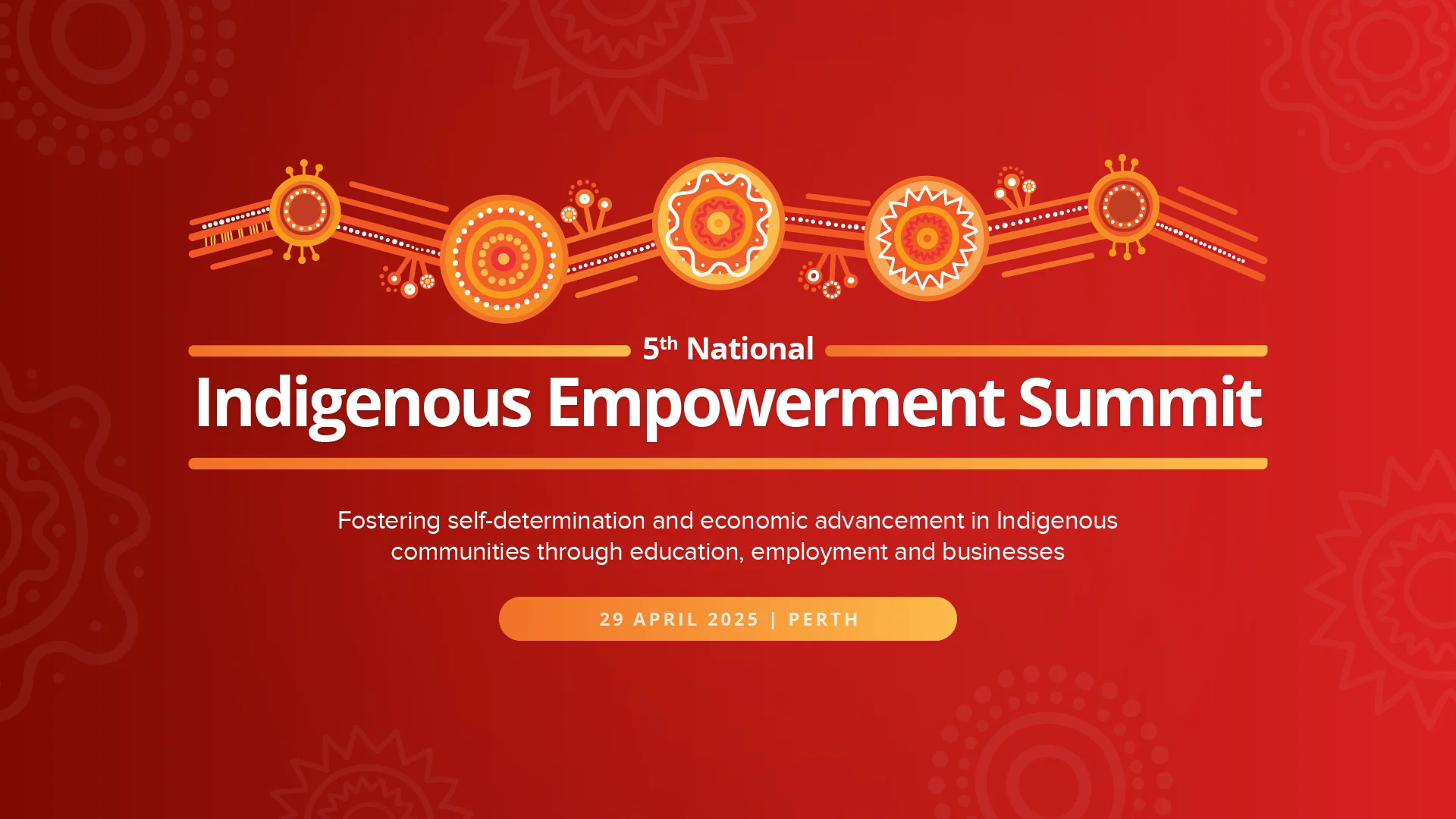Welcome to Happenings on the Hill – Happenings on the Hill is a fortnightly column specifically for the Third Sector by government engagement expert Neil Pharaoh, Director & Co-Founder of Tanck.
Over the weekend I sat in a board strategy session and, as is often the case, purpose, and values (for an NFP) came up in discussions, which got me thinking – what relevance does this have to the Federal & State governments and your advocacy?
Over the past few weeks and months, we have seen values become increasingly front and centre for the Federal government, as well as arguably the State governments. With the ongoing (and growing!) fiasco across the big four consulting firms, coupled with renewed challenges around electoral funding and lobbyist registers across Australia, values and purpose are more important than ever when navigating government, undertaking advocacy and seeking partnerships.
So, what are the four things you can do as a not-for-profit or social purpose organisation to ensure your values and purpose speak loudly and align with government?
Firstly, think about what associations, groups, or alliances you are part of. They say you can tell the worth of someone by the company they keep, and this is no different for social purpose organisations. Are you members of any industry groups? Community alliances? Or forums? Do you have any accreditation which are of relevant? While time-consuming, we recently underwent B-Corp accreditation for Tanck, and while it was a hard slog, the positive feedback we have had since we announced it was substantial. Seeking B-Corp accreditation was about making our values public and holding us accountable to them. My business partner Angus spoke about this in more detail on a recent Humans of Purpose podcast (he also drops some government engagement tips and tricks throughout the interview).
Whether B-Corp, or as a member of a group of like-minded organisations, being part of these alignments shows government you can work well with, and in partnership with other organisations. On top of this, it also provides a number of similar organisations who can vouch for you and shows that you can stretch your capabilities and capacity with partners—which may be critical if securing new or large government contracts or work projects. The downside is that alliances, memberships, and accreditations take time, focus and investment—but when governments across Australia are more focused on values, these investments are more likely to reap rewards.
Secondly, get your record keeping in order – I was reading in last month’s Company Directors Magazine about the not insignificant amount of NFPs who haven’t kept up to date with their ACNC (Australian Charities and Not-for-profit Commission) lodgements. While many people do not know about the ACNC portal, you can bet government funders and public servants will go directly to your ACNC records to check on your financials and paperwork, and that everything is in order. So before upping your advocacy, you should check all your ACNC and other regulator paperwork is in order.
Thirdly, pay attention to where you might appear on records, but not know about it. Many not-for-profit and social purpose organisations engage communications, public relations, and lobbying firms for their work. As soon as you engage these types of firms, you often end up on lobbyist registers (each State and Federal government has one). You may even end up on the register permanently (in NSW records remain forever), or in an unintended way (using a communications or event firm which also does lobbying may get you onto the register also). Being certain of if you are, or not on the register is key, as public servants and increasingly advisors and others are giving lobbyists a wider berth in Canberra. Some jurisdictions also have diary disclosure, which means both lobbyist’s and organisations’ meetings are reported publicly – it is very important to be across these things, as there are unintended consequences—perhaps such as higher scrutiny— applied to these types of organisations, especially if they do secure more wins where journalists can connect the dots.
Finally, make sure your overview of the political introduction document focuses on your strengths, values and how they align with government. Be sure to read policy documents, party platforms and media releases, and ensure you describe your organisation in terms that align with political communications. For meetings, come prepared with a short one or two-pager (no longer) that talks about your organisation and work, and make sure it is both customised and tailored for political audiences. Showcasing a case study or an example is another way of putting your values and purpose into action – and bonus points if it includes details from the electorate of the MP or Senator you are wanting to meet with.
Remember that governments want to fund organisations doing the right thing for the community, and to whom funding will not embarrass the government – in an era of higher standards from our Federal government around everything from pork barrelling to transparency, it is critical that not-for-profit organisations and the social sector also rises to the occasion.












